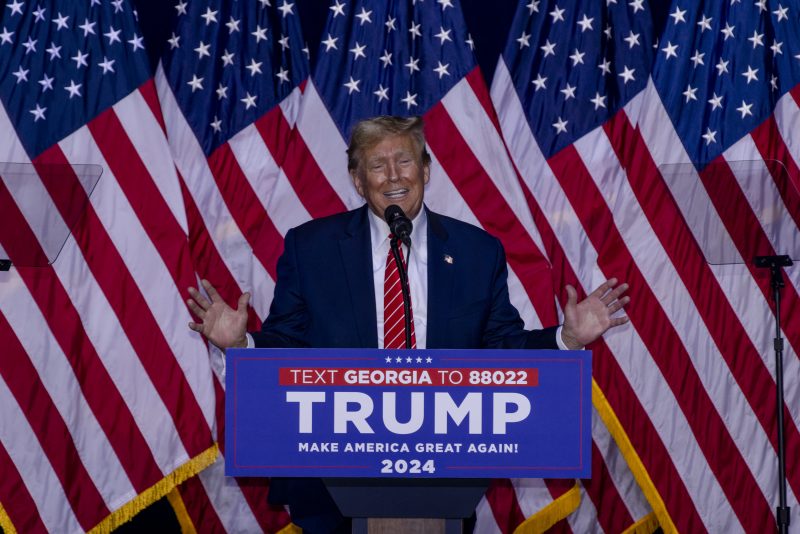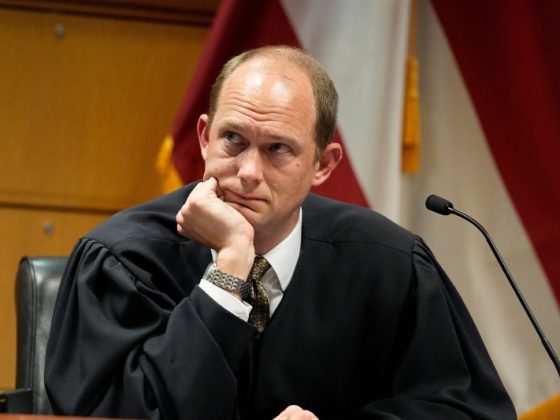In an interesting turn of events, former President Donald Trump has called for a delay in his ongoing trial in New York, pending the Supreme Court hearing on his claim of presidential immunity. This move creates the potential for unprecedented legal repercussions and further thickens the ever-growing complexity of the investigations into Trump’s business affairs and practices.
Trump was sued by New York Attorney General, Letitia James, for allegedly manipulating the values of his properties for loan and tax benefits, an allegation which Trump and his lawyers have denied, condemning it as a politically motivated attack by Democrats.
Coming to the root of the current issue, Trump’s legal team filed a request to postpone the ongoing civil investigation until the Supreme Court makes a decision regarding his claim of immunity from criminal prosecution. The argument rests on the premise that a former president is entitled to some form of immunity from prosecution while in office, a contention that will majorly influence the trajectory of numerous investigations including this New York case.
Trump’s lawyers have argued that the civil proceedings in New York could potentially hinder the Supreme Court’s hearing on presidential immunity. If the request for delay is granted, this could effectively hold all actions in the New York case as the Supreme Court ponders over the key constitutional question of whether a president, or former president, can indeed claim immunity from criminal prosecution.
The presiding Judge Arthur Engoron at the New York Supreme Court hasn’t yet responsed to the request. However, it may bear noting that historically, judges have been wary of delaying trials, preferring to move legal proceedings along in a timely fashion. Balancing the usual judicial urgency with the implications of a decision on presidential immunity would certainly present a unique challenge for the Supreme Court.
Looming above all of these technical legal issues is the long shadow of political implications. The case could potentially influence public perception about the scope of Presidential power and privileges. It also sends a powerful message about the legal accountability of those in power, tying directly into larger conversations around justice, democratic principles, and the nature of American politics.
Regardless of the outcome, this unique scenario of a former President petitioning the country’s highest court for immunity from prosecution sets a historic precedent. The Supreme Court’s ruling will have far-reaching implications not only on the future of Donald Trump’s legal battles but also on the understanding of presidential immunity as a whole. Moreover, it may also lead to further political polarization, with supporters of Trump seeing this as a politically motivated attack, while critics view it as a necessary move towards accountability.
In conclusion, these are intriguing times in American legal and political spheres, as the country holds its breath waiting for the Supreme Court’s ruling on presidential immunity. The outcome may impact USA’s democratic principles, and indeed the broader global perception of the country’s commitment to rule of law.











